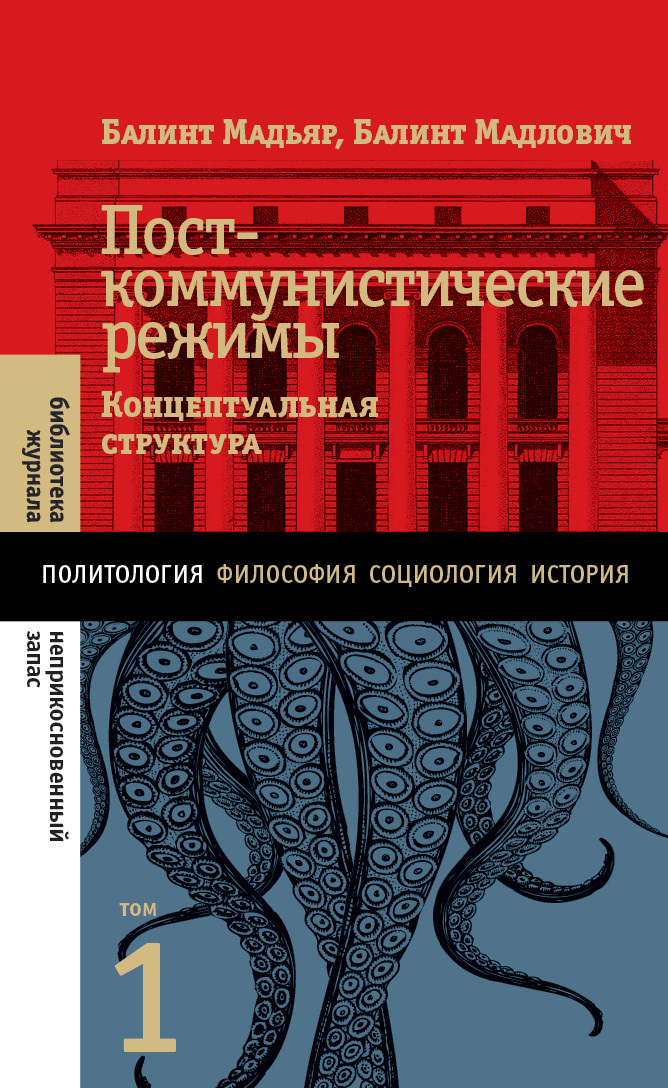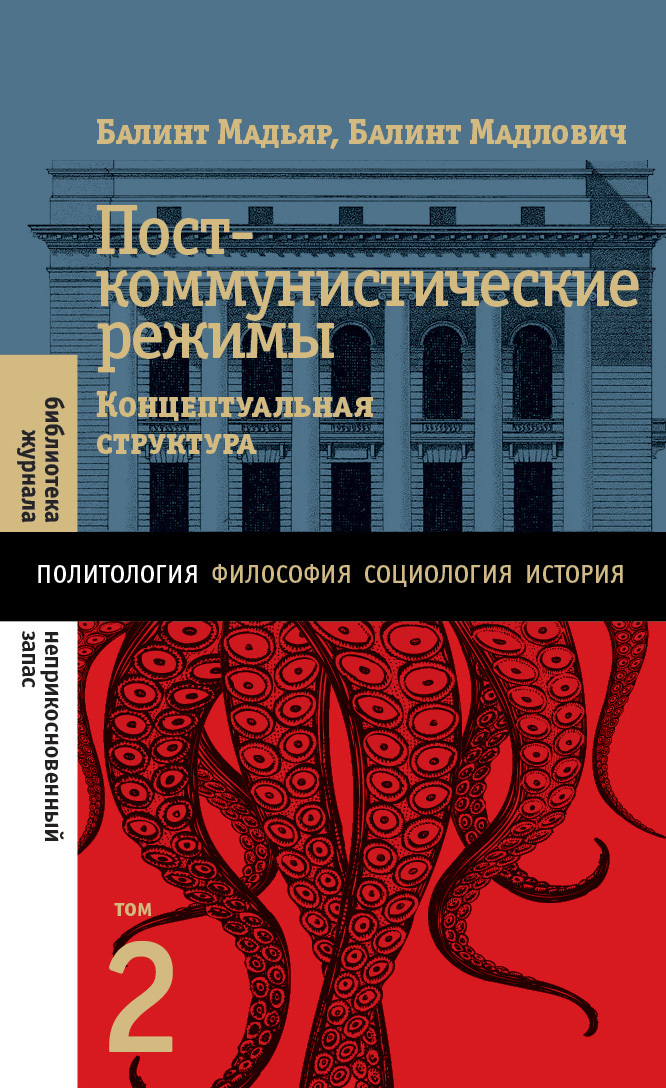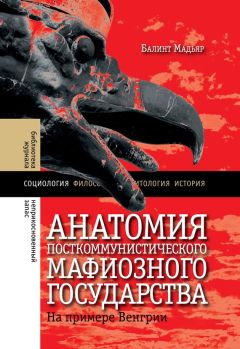Ledeneva A. Can Russia Modernise? P. 39.
Baez-Camargo C., Ledeneva A. Where Does Informality Stop and Corruption Begin? P. 57.
Banfield E. Moral Basis of a Backward Society. New York: Free Press, 1967.
Вебер М. Хозяйство и общество.
См., например: Bamfo N. The Hidden Elements of Democracy Among Akyem Chieftaincy: Enstoolment, Destoolment, and Other Limitations of Power // Journal of Black Studies. 2000. Vol. 31. № 2. P. 149–173; Gibson A. Constitutional Experiences of the Five Civilized Tribes // American Indian Law Review. 1974. Vol. 2. № 2. P. 17–45; Förster T., Koechlin L. «Traditional» Authorities // The Oxford Handbook of Governance and Limited Statehood. Oxford: Oxford University Press, 2018. P. 231–247; Baldwin K. The Paradox of Traditional Chiefs in Democratic Africa. Cambridge: Cambridge University Press, 2015. P. 20–65.
Volkov V. Violent Entrepreneurs. P. 251–252.
Ledeneva A. How Russia Really Works. P. 238.
Ledeneva A. Can Russia Modernise? P. 274.
Цит. по: O’Donnell G. The Quality of Democracy: Why the Rule of Law Matters // Journal of Democracy. 2004. Vol. 15. № 4. P. 40.
Здесь мы фокусируемся на характерных особенностях режима, связанных с другими чертами патрональных автократий. Подробнее о формальных различиях см. главу о черном пиаре в книге: Ledeneva A. How Russia Really Works. P. 28–57.
Ср.: Min Y. News Coverage of Negative Political Campaigns: An Experiment of Negative Campaign Effects on Turnout and Candidate Preference // Harvard International Journal of Press/Politics. 2004. Vol. 9. № 4. P. 95–111.
Эти элиты были выбраны по принципу наибольшей значимости для посткоммунистических режимов. Однако список может быть дополнен другими, не приведенными здесь элитами, такими как религиозные или военные элиты [♦ Заключение].
Идеальный тип аннексии обозначает только то, что части определенных элит входят в состав правящей. Точное их количество или пропорциональное соотношение являются эмпирическими вопросами, ответы на которые будут разными в каждом конкретном случае.
Pettai V., Ivask P. Estonia // Nations in Transit 2018. Freedom House, 2018. URL: https://freedomhouse.org/sites/default/files/NIT2018_Estonia.pdf.
Bohle D., Greskovits B. Capitalist Diversity on Europe’ s Periphery. P. 96–137.
Lumi O. Comparative Insight into the Status of the Lobbying Regulation Debate in Estonia // Journal of Public Affairs. 2015. Vol. 15. № 3. P. 300–310.
Mikkel E. Patterns of Party Formation in Estonia: Consolidation Unaccomplished // Post-Communist EU Member States: Parties and Party Systems. Aldershot; Burlington: Routledge, 2006. P. 23–49.
Sakwa R. Soviet Politics in Perspective. London; New York: Routledge, 1998. P. 96–97.
Ibid. P. 97–98.
Ibid. P. 100.
Ibid. P. 26–27.
Bozóki A. A Párttól a Családig: Hatalmi Rendszerek És Befolyási Modellek [От партии к семье: системы власти и модели влияния] // Magyar Polip 3 – A Posztkommunista Maffiaállam. Budapest: Noran Libro, 2015. P. 236–237.
Bozóki A. A Párttól a Családig. P. 252.
Ledeneva A. Can Russia Modernise?
Bozóki A. Nationalism and Hegemony. P. 467–473.
Sz. Bíró Z. The Russian Party System. P. 319–352; Ripp Z. The Opposition of the Mafia State. P. 603–607.
Wójcik A. Poland // Nations in Transit 2018. Freedom House, 2018. URL: https://freedomhouse.org/sites/default/files/NiT2018_Poland_0.pdf.
Kozarzewski P., Bałtowski M. Return of State-Owned Enterprises in Poland // Paper presented at Seventh Annual Conference of the Leibniz Institute for East and Southeast European Studies. Regensburg, Germany. 30.05.2019.
Wójcik A. Poland.
Подобный пример, хотя и не из посткоммунистического региона, приведен: Raby D. Controlled, Limited and Manipulated Opposition under a Dictatorial Regime: Portugal, 1945–1949 // European History Quarterly. 1989. Vol. 19. № 1. P. 63–84.
Szelényi I., Mihályi P. Varieties of Post-Communist Capitalism. P. 198.
Brant R. Why Is Jack Ma a Communist Party Member? // BBC News. 27.11.2018. URL: https://www.bbc.com/news/business-46353767.
Heilmann S. China’ s Political System. Lanham: Rowman & Littlefield, 2016.
Если оппозиция разобщена, эта часть также может быть поделена между несколькими оппозиционными патрональными сетями. Для простоты мы описываем здесь ситуацию, при которой оппозиционная политическая элита консолидирована.
Minakov M. Republic of Clans. P. 234–237.
Markus S. The Atlas That Has Not Shrugged. P. 103. Также см.: Markus S., Charnysh V. The Flexible Few: Oligarchs and Wealth Defense in Developing Democracies // Comparative Political Studies. 2017. Vol. 50. № 12. P. 1632–1665.
Цит. по: Dubrovskiy V. et al. Six Years of the Revolution of Dignity: What Has Changed? Kyviv: CASE Ukraine, 2020. P. 20.
Вебер М. Хозяйство и общество. Т. 1. С. 252–255.
Sternberger D. Legitimacy // International Encyclopedia of the Social Sciences. New York: Macmillan, 1968. P. 244–248.
Diggs B. J. The Common Good as Reason for Political Action // Ethics. 1973. Vol. 83. № 4. P. 283–293.





